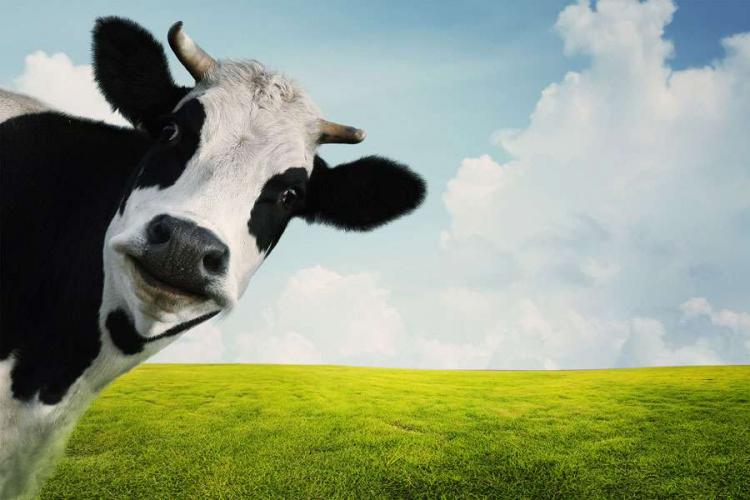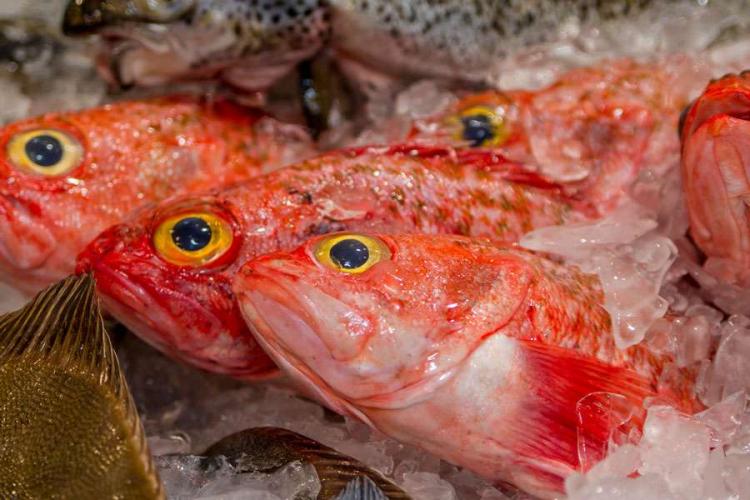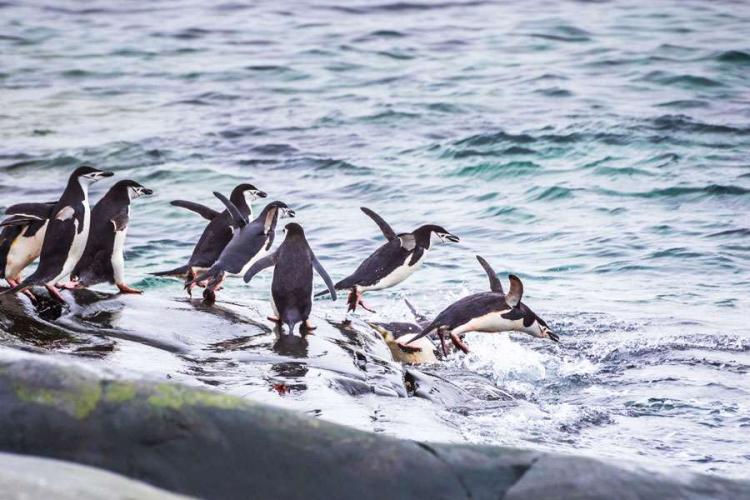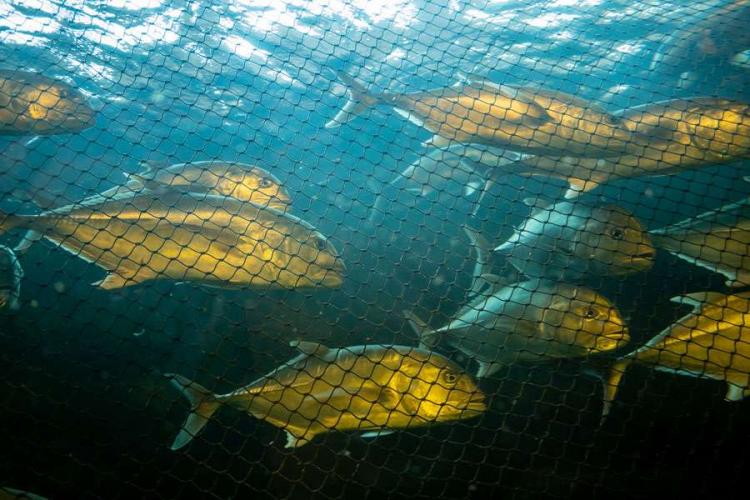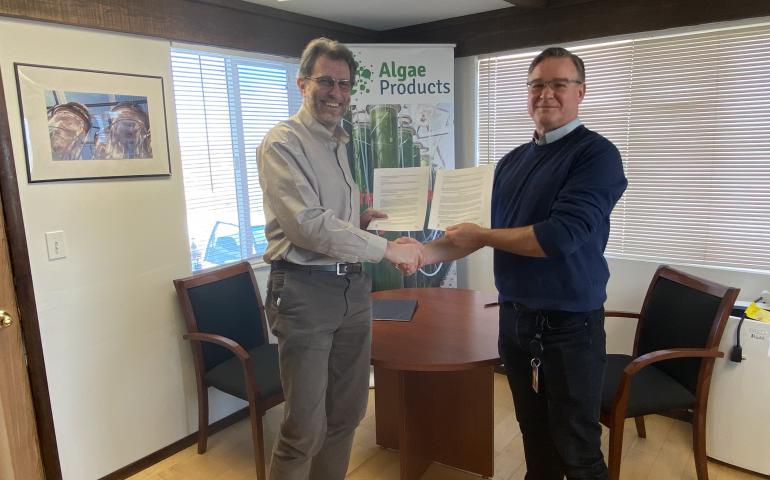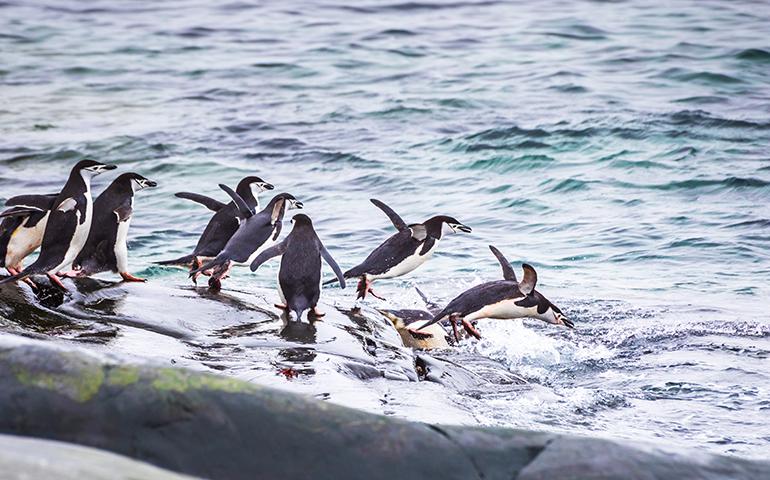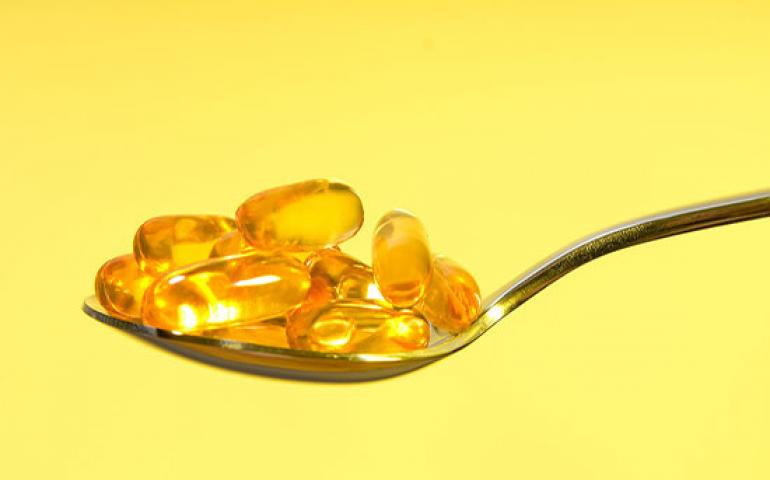Reducing meat and dairy consumption will cut methane and allow forests to thrive
Damian Carrington Environment editor, The Guardian
Livestock production needs to reach its peak within the next decade in order to tackle the climate emergency, scientists have warned. They are calling for governments in all but the poorest countries to set a date for “peak meat” because animal agriculture is a significant and fast-growing source of global greenhouse gas emissions.

